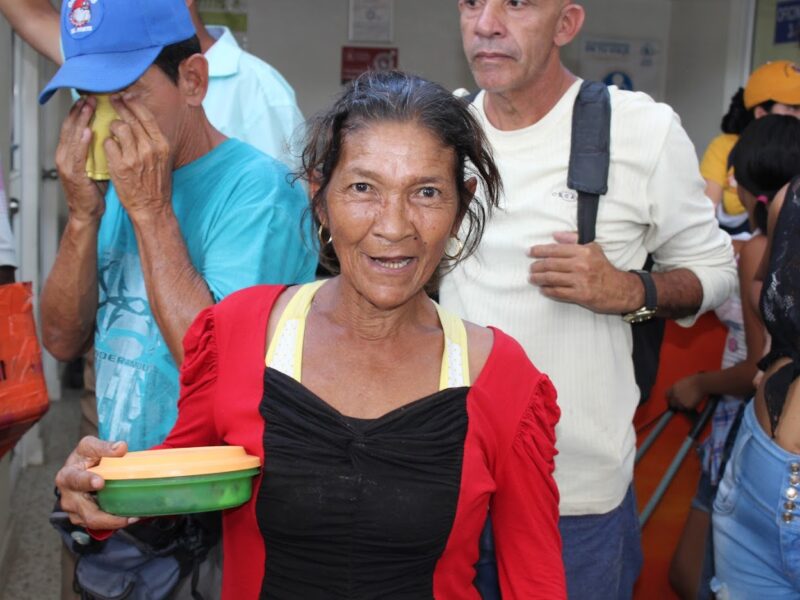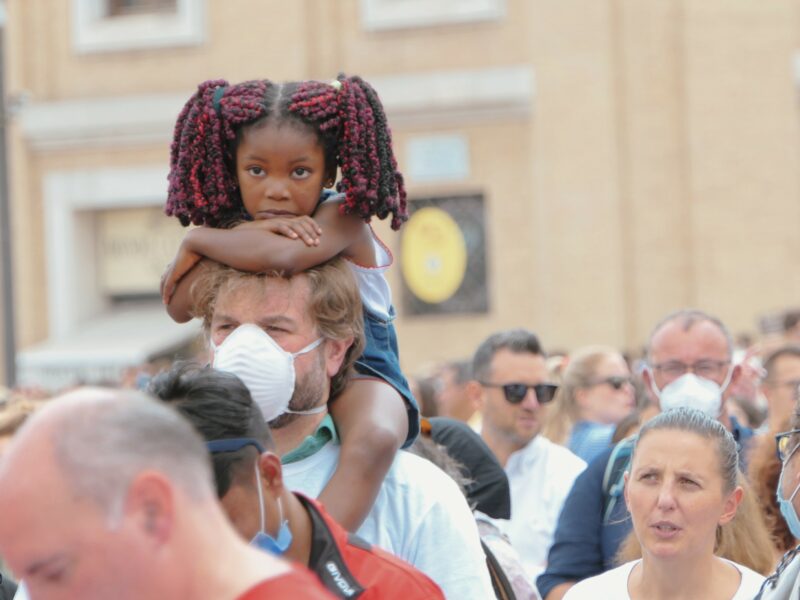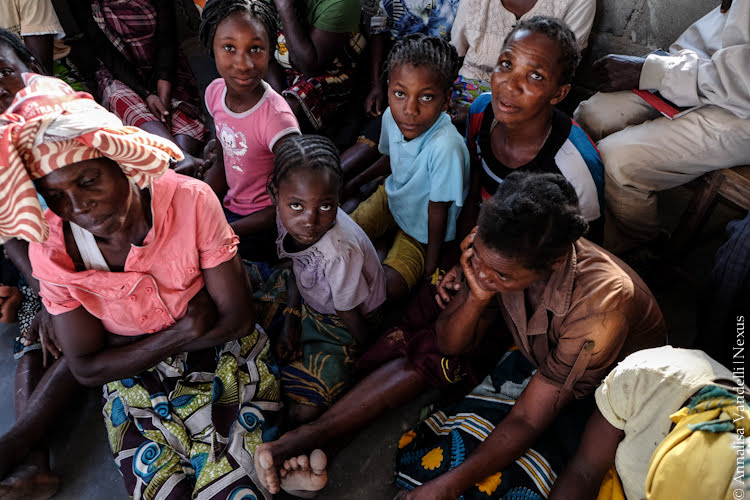[…] As members of popular movements, you carry out your work inspired by fraternal love, which you show in opposing social injustice. When we look into the eyes of the suffering, when we see the faces of the endangered campesino, the poor laborer, the downtrodden native, the homeless family, the persecuted migrant, the unemployed young person, the exploited child, the mother who lost her child in a shootout because the barrio was occupied by drug dealers, the father who lost his daughter to enslavement…. when we think of all those names and faces, our hearts break because of so much sorrow and pain. And we are deeply moved, all of us…. We are moved because “we have seen and heard” not a cold statistic but the pain of a suffering humanity, our own pain, our own flesh. This is something quite different than abstract theorizing or eloquent indignation. It moves us; it makes us attentive to others in an effort to move forward together. That emotion which turns into community action is not something which can be understood by reason alone: it has a surplus of meaning which only peoples understand, and it gives a special feel to genuine popular movements. […]
[…] It must be acknowledged that none of the grave problems of humanity can be resolved without interaction between states and peoples at the international level. Every significant action carried out in one part of the planet has universal, ecological, social and cultural repercussions. Even crime and violence have become globalized. Consequently, no government can act independently of a common responsibility. If we truly desire positive change, we have to humbly accept our interdependence, that is to say, our healthy interdependence. Interaction, however, is not the same as imposition; it is not the subordination of some to serve the interests of others. Colonialism, both old and new, which reduces poor countries to mere providers of raw material and cheap labor, engenders violence, poverty, forced migrations and all the evils which go hand in hand with these, precisely because, by placing the periphery at the service of the center, it denies those countries the right to an integral development. That is inequality, brothers and sisters, and inequality generates a violence which no police, military, or intelligence resources can control. […]




